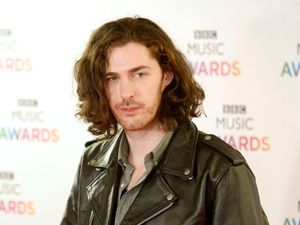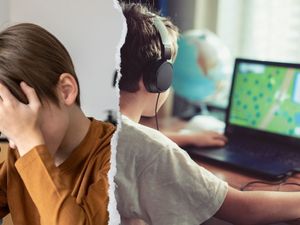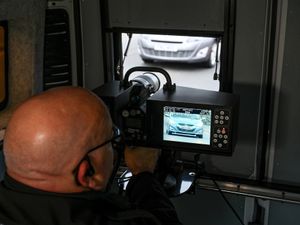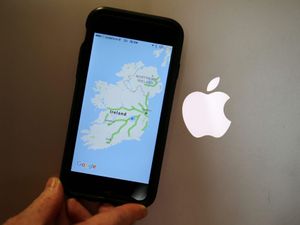Hozier would consider striking over AI threat to music industry
The singer said he would ‘absolutely’ join in solidarity if there was a music strike similar to the Hollywood action.

Irish singer Hozier has said he would consider striking over the threat of artificial intelligence (AI) to the music industry.
The 33-year-old said he would be willing to join similar action to the US actors and writers’ strikes, who are fighting for better contracts and protection against the use of AI in the industry.
Members of US acting union Sag-Aftra and the Writers Guild of America (WGA) began industrial action on July 14 and May 2 respectively.

Appearing on BBC’s Newsnight, Hozier responded to presenter Victoria Derbyshire who asked if he could imagine going on strike over the threat AI poses to music.
The Take Me To Church singer, whose real name is Andrew Hozier-Byrne, said: “Joining in solidarity if there was… action on that? Absolutely.”
He later said: “Whether (AI is) art or not, I think, is nearly a philosophical debate.
“It can’t create something based on a human experience. So I don’t know if it meets the definition of art.”
Hozier’s comments come amid Hollywood concerns over proposals by the Alliance of Motion Picture and Television Producers to use ground-breaking AI to keep a digital likeness of actors.
The interview also heard the Grammy-nominated star discuss fellow Irish singer Sinead O’Connor, who was found dead at her home in south-east London last month aged 56.

He said he had been “walking on this road that she paved”, after she made headlines in 1992 when she tore up a photo of Pope John Paul II on US TV show Saturday Night Live in protest at the Catholic church, sparking a ferocious backlash.
In 2013, Hozier’s debut single Take Me To Church, in which he criticised the church’s teaching of “shame about sexual orientation”, reached number two in the UK official charts and achieved global success.
Speaking about the difference in public reaction, he said: “I think sensibilities have changed.
“I think part of it is because Sinead was a woman. I think a lot of it is she was one of the first who had that courage to stand up and say it.
“That was such a taboo at the time.”
He also revealed he had once been invited to perform Take Me To Church in the Vatican City, quipping: “That would’ve been fun.”
The full interview will be broadcast on Newsnight at 10.30pm on BBC Two.





